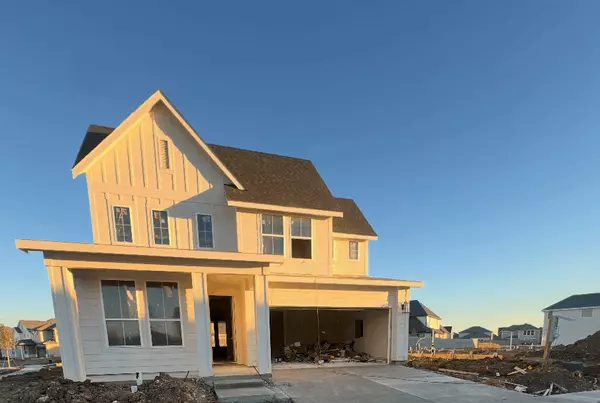How to Calculate Your True Home Buying Budget in 2025: A Complete Guide
How to Calculate Your True Home Buying Budget in 2025: A Complete Guide
With interest rates and home prices constantly shifting, figuring out your true home buying budget has never been more important. As a real estate professional, I've seen too many buyers fall in love with homes before understanding their real financial picture. Let's break down exactly how to calculate what you can actually afford.
Understanding the 28/36 Rule
The classic rule of thumb in real estate is the 28/36 rule. Your monthly mortgage payment shouldn't exceed 28% of your gross monthly income, and your total debt payments shouldn't exceed 36%. But in today's market, let's dive deeper into what that really means.
Essential Factors That Determine Your Budget
1. Monthly Income vs. Total Expenses
Beyond your salary, consider:
- Regular bonuses or commissions
- Investment income
- Side hustle earnings
- Existing debt payments
- Regular monthly expenses
- Future financial goals
2. The True Cost of Your Mortgage
Your monthly payment includes more than just the loan:
- Principal and interest
- Property taxes (varies by location)
- Homeowner's insurance
- PMI (if down payment is less than 20%)
- HOA fees (if applicable)
3. Current Market Factors for 2025
- Average interest rates
- Local market conditions
- Property tax rates
- Insurance costs in your area
How to Calculate Your Maximum Budget
Let's break this down with real numbers:
Step 1: Calculate Your Maximum Monthly Payment
- Gross Monthly Income × 28% = Maximum Mortgage Payment
- Example: $8,000 monthly income × 0.28 = $2,240 maximum monthly payment
Step 2: Factor in Other Debts
- Car payments
- Student loans
- Credit card minimums
- Other obligations Total monthly debts shouldn't exceed 36% of gross income
Step 3: Consider Down Payment and Closing Costs
- Traditional down payment: 20%
- FHA loans: as low as 3.5%
- VA loans: potentially 0%
- Closing costs: 2-5% of purchase price
Online Tools and Resources
While online calculators are helpful, they don't tell the whole story. Here's what different tools can tell you:
- Mortgage calculators
- Debt-to-income ratio calculators
- Property tax estimators
- Insurance cost calculators
Hidden Costs Many Buyers Forget
- Maintenance and Repairs
- Budget 1-2% of home value annually
- Emergency fund for unexpected repairs
- Utility Costs
- Higher than apartment living
- Seasonal variations
- Energy efficiency factors
- Moving and Setup Costs
- Professional movers
- New furniture
- Immediate repairs or updates
- Security systems
Smart Budgeting Tips
- Don't stretch to the maximum
- Consider future life changes
- Keep emergency savings separate
- Account for lifestyle expenses
Making Your Decision
Remember, just because you can qualify for a certain amount doesn't mean you should spend that much. Consider your lifestyle, future goals, and comfort level with the payment. The one thing I NEVER want my clients to be is what we call "house poor"! This is what you experience if you buy the house of your dreams, but are then living paycheck-to-paycheck to just live. Not true "successful homeownership" in my book!
Want a personalized budget analysis? Contact Laura McGreevey today for a free consultation!
Categories
Recent Posts










